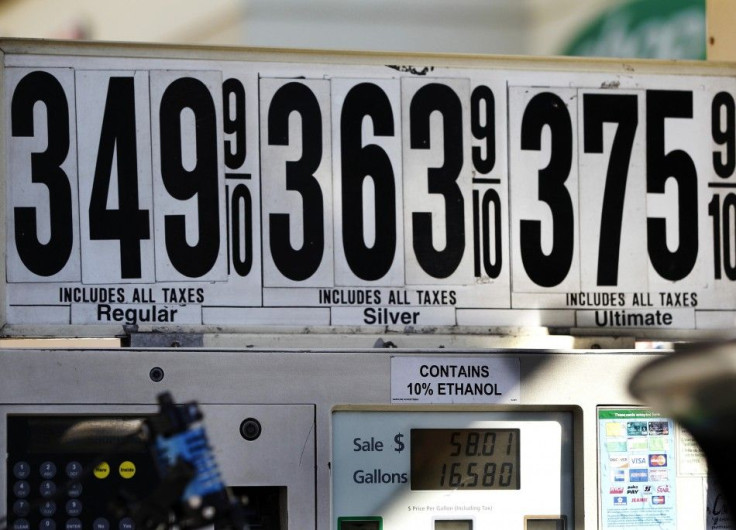Why Are Gas Prices Going Up?

The price of crude oil is rising rapidly, following Iran's halting of its exports to Britain and France in retaliation for recent economic sanctions put in place by the European Union and the U.S. For many Americans, this means higher gas prices at the pump.
While there are multiple factors that affect the price of gasoline, the most immediate and direct cause is how much crude oil is trading for on global markets. This is subject to fluctuations in supply and demand, and with Iran--which accounts for 10 percent of the world's known oil reserves--turning off the spigot to European distributors, the avenues of supply have been reconfigured and effectively limited.
Add to that the possibility of Israel conducting military strikes against Iran's nuclear infrastructure for what it considers as an existential threat in the form of a clandestine atomic weapons program, and it's easy to see how the oil speculators are becoming skittish about future oil supplies and driving up market prices.
The price of gasoline in the U.S. has risen up 9 percent since the start of January to a nationwide average of $3.56 a gallon, according to AAA's Daily Fuel Gauge Report. Prices are expected to hit $4.00 by summer, and could potentially spike even further.
This price juggernaut has taken on a life of its own since the Iran/Israeli threat flinging began and [the] boycott/sanctions war continues to ratchet upwards, and it's been made worse by the big run in stocks since the start of the year, said Dan Dicker, oil trader and author of Oil's Endless Bid, in an interview with CNNMoney.
In a globalized world, nothing exists in isolation when it comes to oil--what happens in one place will inevitably have an impact elsewhere. With the U.S. dependent on oil imports for nearly half of its consumption, there is very little it can do to control events that affect oil prices in other parts of the world as exemplified by Iran, which the U.S. imports no oil from. Americans will have to accept the reality of oil's volatility in the global market, and either bear the burden of increasing fuel prices or support investments in other alternatives.
© Copyright IBTimes 2024. All rights reserved.





















